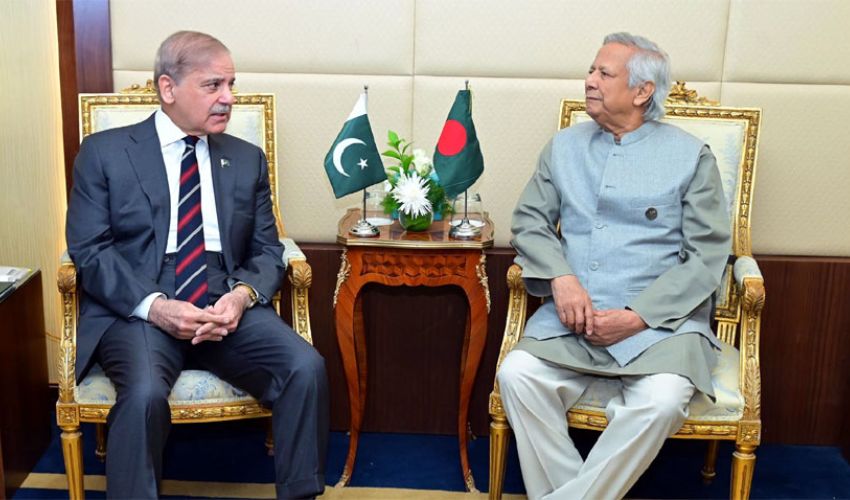The Gulf Cooperation Council (GCC) countries are moving forward with plans to introduce a unified visa system, similar to the Schengen visa in Europe.
GCC ministers in Muscat, Oman, where Salim bin Mohammed Al Mahrouqi, Oman's Minister of Heritage and Tourism, met recently and okayed a unified visa had received unanimous approval.
The unified GCC visa will enable tourists to explore all six member countries of the Gulf bloc, including the United Arab Emirates (UAE), Saudi Arabia, Bahrain, Qatar, Oman, and Kuwait. Currently, visitors must obtain separate visas for each of these nations, despite their geographical proximity and well-established transport links.
The implementation of a unified visa system is expected to have several positive economic impacts. It can lead to an increase in job opportunities in the tourism sector and contribute to the growth of regional economies.
Tourists, especially long-haul travelers, will benefit from a unified visa package that allows them to visit multiple Gulf countries in a single trip. This simplification is likely to extend the length of their stays and increase overall tourist spending in the region.
Launch Timing: While a specific launch date for the unified visa was not provided, Oman's Minister Mahrouqi mentioned that the scheme would be launched "very soon." It's anticipated that more details about the rollout will be presented at a meeting of regional interior ministers in November, also in Muscat.
Once implemented, the GCC countries may engage in joint publicity campaigns to promote tourism across the region. Additionally, discussions have previously revolved around creating a common booking platform and a shared tourism website to further facilitate travel.
The report does not explicitly clarify if expatriates residing in GCC countries will need to apply for the unified visa once it's introduced.
The UAE Minister of Economy indicated that the GCC is considering a single visa system that allows residents to travel freely between member states.
The exact cost and duration of the unified visa have not been disclosed yet, with more details expected to be released by the end of the year.



























